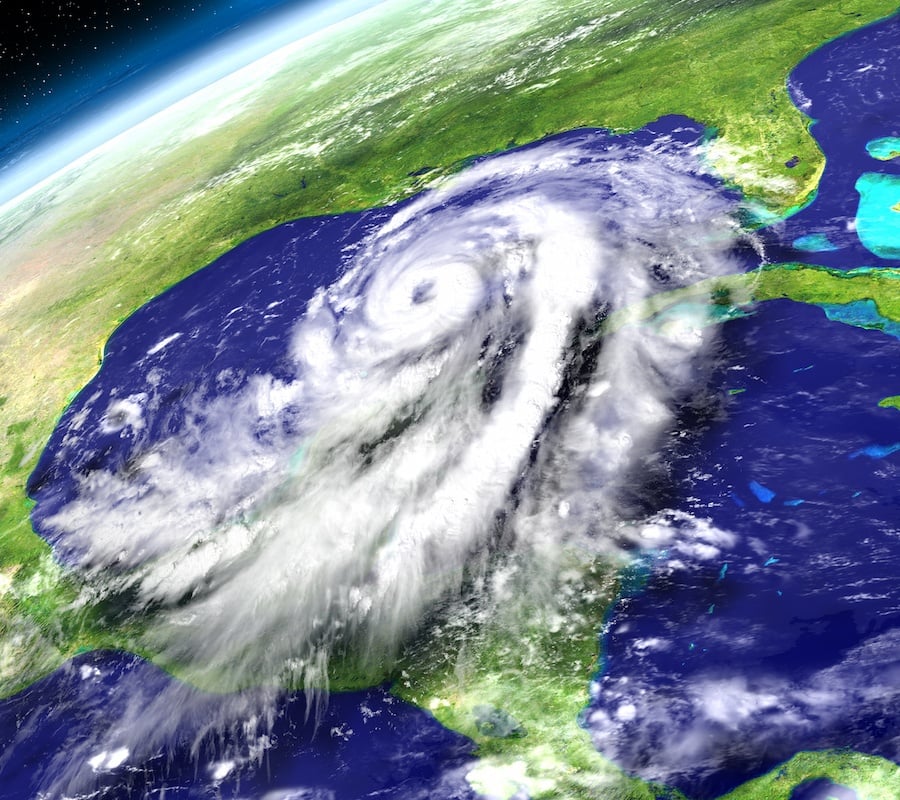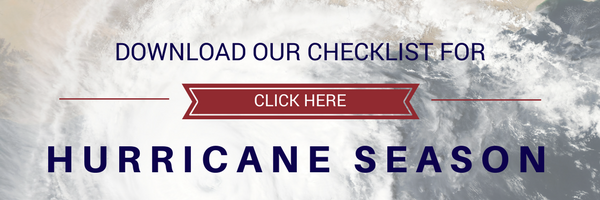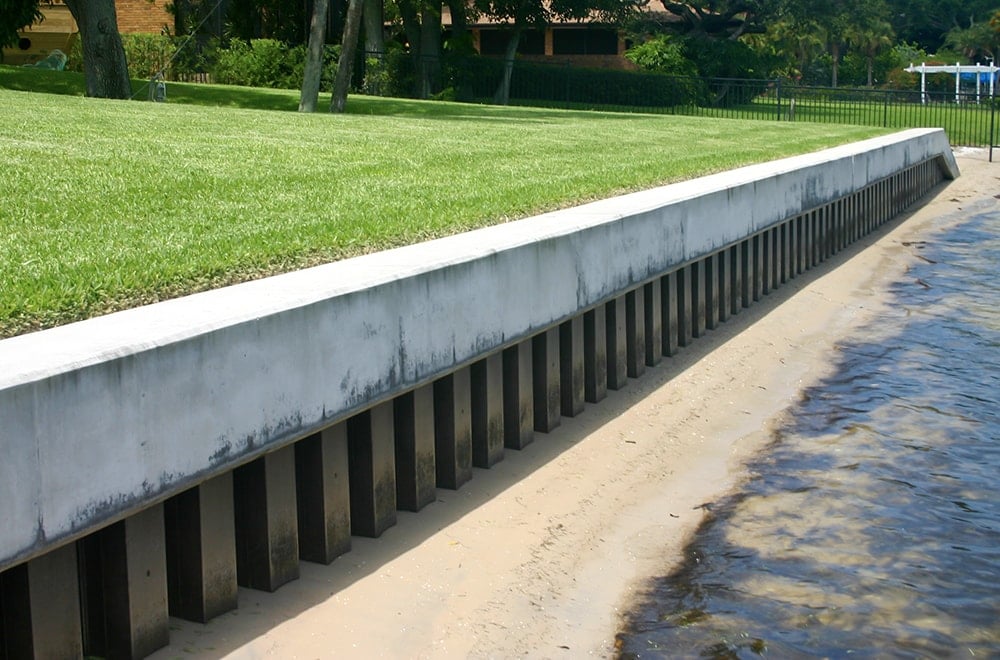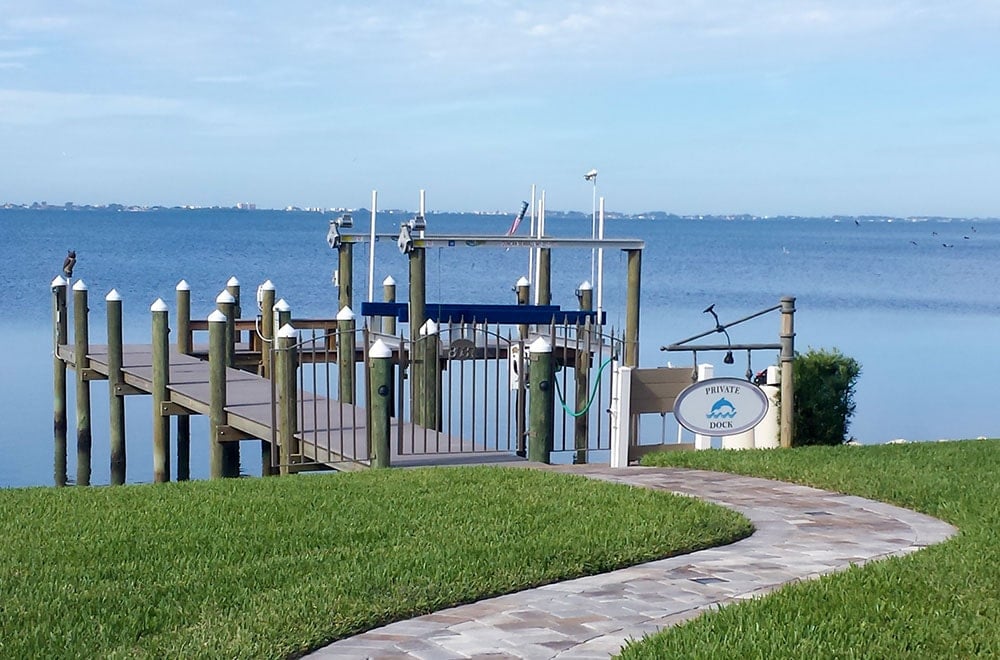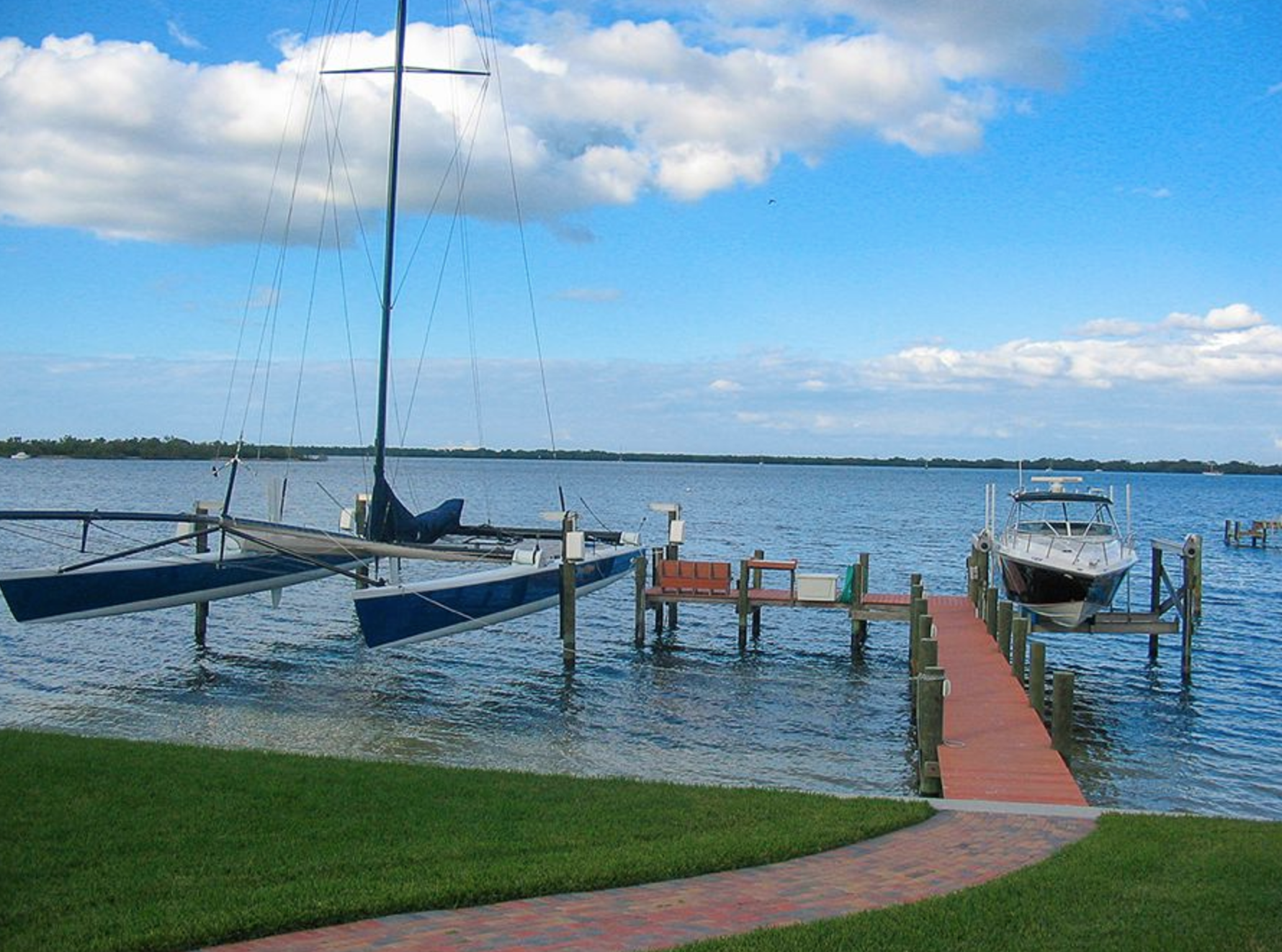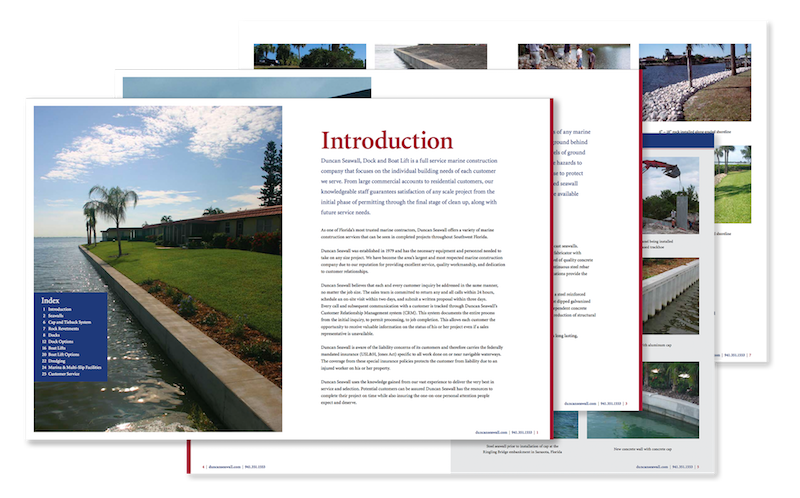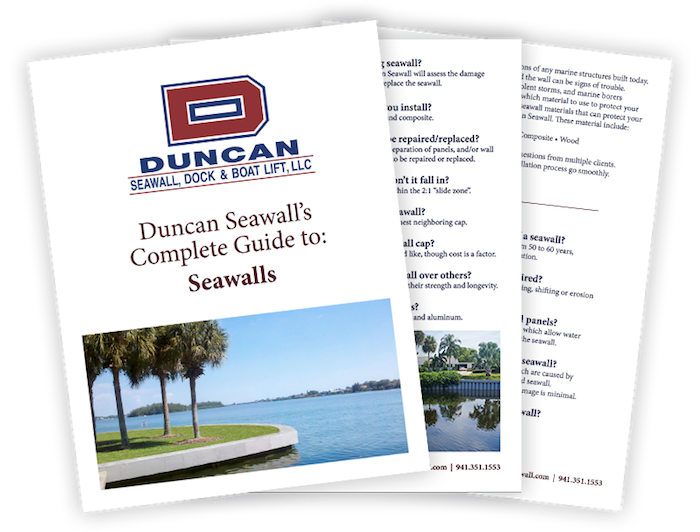Living on the Florida coastline means being prepared for tropical storms and hurricanes. Although there are hurricane watches and warnings to signal danger, the best time to prepare is in good weather.
Tropical cyclones are classified as hurricanes when their maximum sustained winds reach at least 74 mph, a Category 1 hurricane. The highest classification is Category 5, assigned to hurricanes with winds that exceed 156 mph. Hurricane classifications provide some indication of the potential damage and flooding you can expect when a hurricane hits land.
Related Blog: How to Prepare Your Florida Waterfront Home for Hurricanes and Severe Weather
Preparing Your Home
Most damage to a home in a hurricane is caused by strong winds and flooding. There are preventive measures you can take to protect your home and property from wind and water damage during a hurricane.
- Before hurricane season arrives, trim your trees and remove damaged trees and branches from your property. Keep property clear of fallen branches and debris that can become airborne in high winds.
- Consider replacing your roof with a hip roof that has a 30-degree or less pitch. If you have an older home, retrofitting your roof with hurricane straps, gables, and end brackets or braces can help prevent roof damage.
- Keep your gutters clean and free of leaves and debris to prevent water damage during heavy rains. Make sure your rain gutters and downspouts are securely fastened to the house to keep them from becoming airborne.
- Make sure that your hurricane shutters are in good condition. If you don't have hurricane shutters, consider installing them or replacing your windows with hurricane glass that will not shatter in strong winds.
- Install a generator or buy a portable one to provide power during outages. For safety, keep generators and other power and heat sources outside, protected from moisture, and at least 20 feet away from windows and doors.
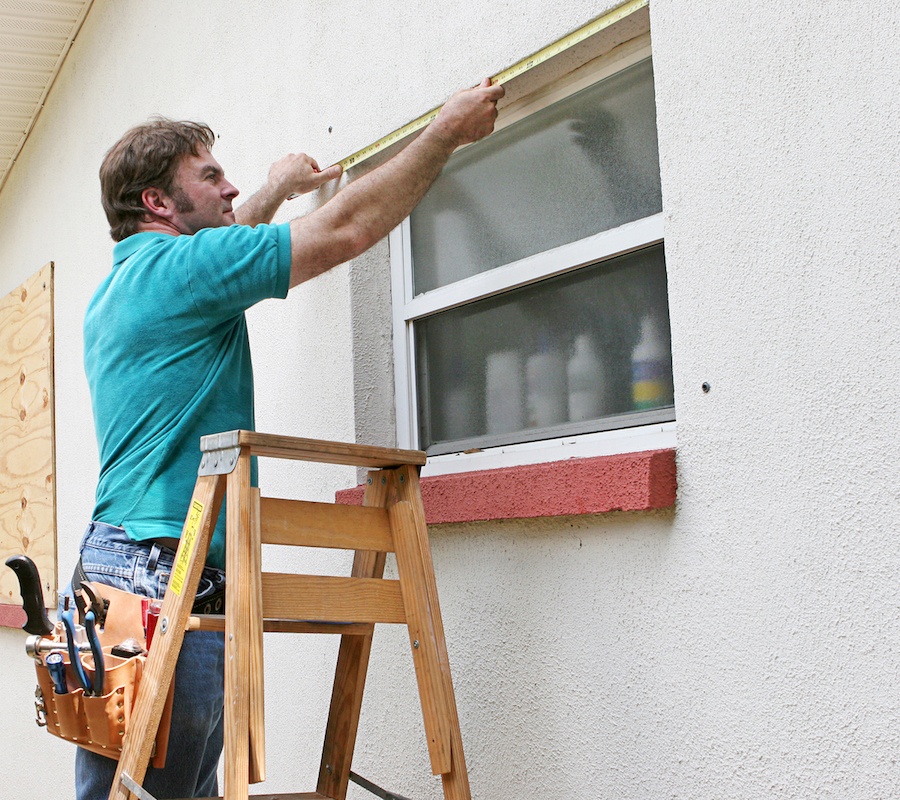
Create an Emergency Plan
You can protect yourself and your family during a hurricane by creating an emergency plan in advance. Once a hurricane watch or warning is issued, you won't always have time to buy items, so you need to be prepared in advance. Creating an emergency plan with helpful supplies can have a big impact safety.
It's important to have a battery powered radio on hand to monitor the storm in case you need to evacuate. Keep a flashlight with extra batteries and a first aid kit in a safe, easy to access location. Create a food kit that contains canned foods, non-perishable foods, dried foods, bottled water, eating utensils, and a hand can opener. If you lose power, food in your refrigerator may ruin before power can be restored to your home. In a waterproof container, store an extra set of warm socks, clothes, and a pair of shoes for each family member, and keep blankets and sleeping bags handy. Determine the safest place in your home to go during a hurricane and board up windows and doors to prevent flooding. If you have a interior space at a higher elevation without windows and doors, that's even better.
Creating an emergency plan in advance will help family members stay safe and connected. Make sure your family knows about emergency alert systems that issue alerts through wireless systems, video systems, and public radio. Make a family plan for safe refuge locations and possible ways to stay in contact if your landline, cell phone, or internet isn't working. It will be important to let family members know that everyone is safe after the hurricane subsides.
If your home is on the water and you have a boat or dock, you'll need to secure your boat and protect it from wind and water damage. We can provide materials and services that will help protect your home and property against damages in Florida hurricane season. If your property sustains damage during the hurricane, Duncan Seawall can provide pile and dock inspection and repair services, seawall crack repairs, seawall tieback replacement, and erosion hole repairs. Contact us today!



